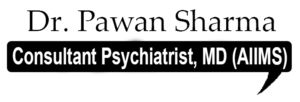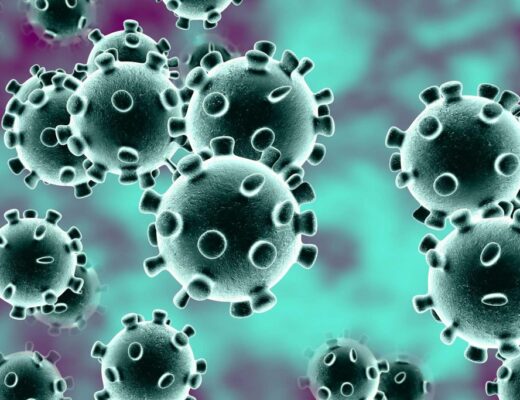The Internet has become an integral part of life today. In every household, we can see people of all generations glued to their smartphones. The Internet can provide access to many valuable tools, interesting stories, exciting games, and informative content. When used in excess, the internet has the ability to interfere with work, life, relationships, and daily routines. This is when we describe it as addiction. Traditionally, addictions have been associated with the use of alcohol, tobacco, and other drugs only but addiction to the internet has become an emerging public health problem globally.
When we look at the major elements of internet addiction there are a few points to be considered as per Dr. Kimberly Young, the first psychologist to document internet addiction.These disorders are similar to impulse-control disorders with the following features:
- Feeling preoccupied with the internet (thinking about your previous online activity or anticipating the next time you will go online)
- Feeling a desire to use the internet for increased amounts of time in order to achieve satisfaction with your use of the web (similar to the tolerance that is addressed in substance abuse problems)
- Having a lack of control in efforts to stop using the internet or to cut back use
- Feeling restless, irritable, depressed, or otherwise moody when not using the internet
- Staying online longer than you originally planned to
- Jeopardized a job, relationship, educational opportunity, or another important opportunity because of the internet
- Lying to friends, family members, or others in an effort to conceal the true amount of time that you spend online or your actual activities while online
- Using the internet as a way of escaping reality, escaping problems, or relieving a negative mood
The prevalence of internet addiction alone has been shown to be around 7.02% globally. Apart from being a problem in itself, internet addiction is often associated with a range of psychiatric disorders. There is a high chance that a person with internet addiction may develop mood disorders including depression, anxiety disorder, sleep problems, obsessive-compulsive disorder, attention deficit hyperactivity disorder (ADHD), and other psychoactive substance use.
As the concept of internet addiction is relatively new there are many myths common to this disorder. We see people believe that internet addiction does not cause withdrawal. But in reality, it might cause agitation, irritability, unhappiness, low mood, etc. as a part of withdrawal. There are other myths like internet addiction are rare and might affect teens only. In reality, it might affect a large number of people irrespective of the age group as seen from the prevalence studies. There are other myths that the internet has many benefits and classification of it as a disorder might cause moral panic and would lead to millions of people being stigmatized for using the internet. However, in reality, early identification of people with internet addiction will help in prompt management and disability might be reduced.
There is no specific rule to as when to approach a specialist but if the symptoms are causing dysfunction i.e. it becomes increasingly hard to sustain a normal life – due to time being devoted to internet use, financial impact, exclusion of other activities like socializing, spending time with family, work, side projects and hobbies, exercise and others it is imperative to visit experts. The treatment modalities that have been developed to treat substance dependence have also been successfully used to treat internet addictions. A person with pre-existing mental health problems might be prone to having internet addiction and vice versa. Sometimes internet addiction could be secondary to mental disorders as well. Also, there is a high rate of comorbidity of internet addiction and substance dependence. Hence, it is important to have a detailed evaluation by a psychiatrist before making a diagnosis and starting treatment. There are other mental health experts like clinical psychologists trained in internet addictions who can help in identifying and managing the problem.
There are certain self-help strategies that can be used to control internet addiction. For excessive social media usage, some self-help strategies could be not logging on to social network sites at work or school, leaving the smartphone at work or home, scheduling adequate breaks to visit social network sites, modifying thought patterns while social networking, setting limits and reasonable goals to other obligations and committing to offline activities for leisure.
Family members can be an integral part of the treatment team for encouraging and supporting treatment along with crisis management. Once the treatment is started the family members would be of greatest help in providing the detailed history for diagnosis and monitoring symptoms and support in order to adhere to the treatment plans. In case of behavior like internet addiction, it is impractical to try the total abstinence model (as in the treatment of substance use disorders), hence, the ‘moderate and controlled use’ use principle should be followed. Once completely treated condition might relapse and treatment might need to be started again as with other substance use disorders.




